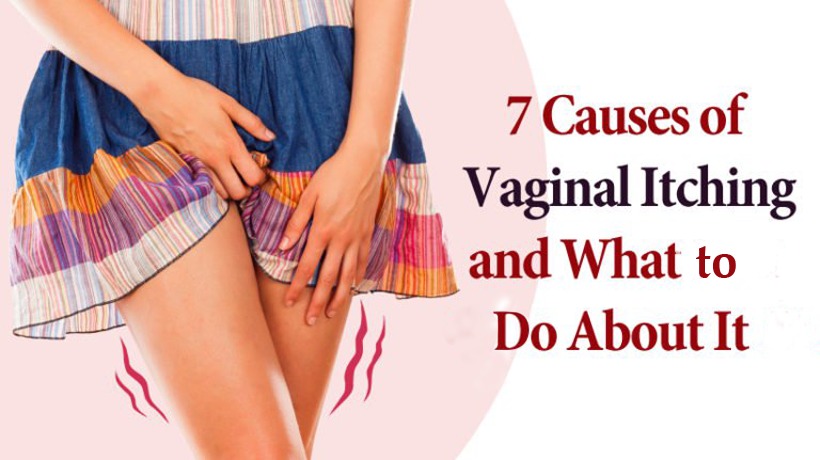Just reading about vaginal itching might make you squirm, but that doesn’t mean it’s not worth talking about it. Even though it’s a common phenomenon, most women don’t discuss the discomfort down there and therefore don’t always know much about it.
Despite the taboo, experts recommend medical attention for most of the causes of vaginal itching. We’ve gathered some possible causes of itchiness around the genitals as well as the ways to find relief, according to health experts.
Yeast infection
The vagina is generally home to a healthy balance of bacteria and yeast, but when one of these species outgrows the other, an infection can occur. As a result, the area can become itchy, produce lumpy discharge, create a burning sensation during urination, or simply induce discomfort. Your doctor will be able to give you an accurate diagnosis and prescribe the appropriate medication to combat the infection. To prevent a yeast infection in the first place, be sure not to practice any harmful habits that may cause it.
Menopause
As a result of the hormonal changes that induce menopause, many patients complain about skin changes such as hot flashes, sweating, and itchiness. Estrogen levels decrease, and because this hormone is responsible for keeping moisture in the skin, its decline can cause dryness and irritation. Talk to your doctor about whether a hormone treatment is right for you.
Bacterial vaginosis
Normal bacteria that live in the vagina can overgrow and cause a gray discharge and fishy odor. This is called bacterial vaginosis (BV). BV is not spread through sexual contact. According to The U.S. National Library of Medicine, abnormal discharge color coupled with itchiness in the vagina can be an indication of this condition. One way to avoid this is to wipe “front to back” when you’re finished using the toilet, as wiping toilet paper from the anus to the vagina can spread bacteria.
Sexually transmitted illnesses
Genital herpes can cause itching as the protozoan parasite responsible for its transmission inflames the skin. Chlamydia and gonorrhea, though often present without other symptoms, can also cause this itching sensation. Using a condom can help to prevent these sexually transmitted diseases.
Chemical irritants
A number of chemicals found in detergents, fabric softeners, feminine sprays, ointments, douches, and condoms might irritate the vagina or the skin around the vagina. When cleansing this area, only use water and a gentle, unscented soap around the genitals and not inside the vagina. The vagina naturally cleans itself, and inserting extraneous substances can negatively impact its pH balance.
Skin conditions
A condition called lichen planus can cause the formation of an itchy rash on the skin. Doctors believe it’s caused by allergic or immune reactions, and generally affects middle-aged adults. Another skin condition is eczema, which can cause redness and itching in the genital region. Psoriasis, during times of outbreak, can cause itchy, scaly, red patches to form on the vagina.
Cancer
Cancer of the vulva, cervix, vagina, uterus, or fallopian tubes – although less common than the aforementioned conditions – can also cause itching of the vagina. Consult your physician for a proper diagnosis.
Sources:
https://medlineplus.gov/ency/article/003158.htm
https://medlineplus.gov/ency/article/003159.htm
https://www.healthline.com/health/vaginal-itching
https://www.webmd.com/women/guide/vaginal-itching-burning-irritation#1
https://www.medicalnewstoday.com/articles/322587.php
https://www.healthline.com/health/vaginal-itching#causes



